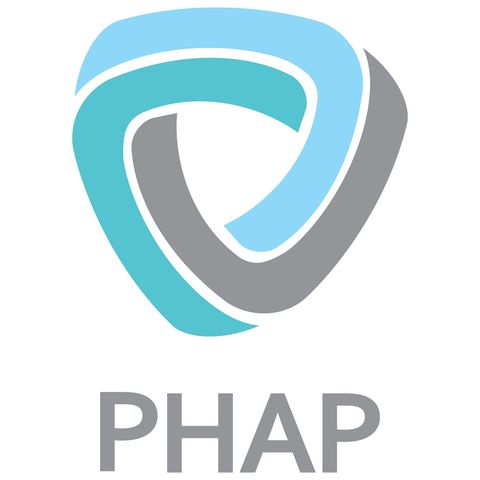Briefing: An NGO Perspective on the new IASC Humanitarian Programme Cycle

Mar 1, 2016 ·
57m 54s
On 17 September 2014, PHAP hosted an online event discussing the new IASC Humanitarian Programme Cycle (HPC) from an NGO perspective. As part of the Transformative Agenda, the Inter-Agency Standing...
show more
On 17 September 2014, PHAP hosted an online event discussing the new IASC Humanitarian Programme Cycle (HPC) from an NGO perspective. As part of the Transformative Agenda, the Inter-Agency Standing Committee (IASC) revised its Humanitarian Programme Cycle (HPC) – a replacement for the previous Consolidated Appeals Processes (CAPs) – so that it could be more useful for HCTs, NGOs and other responders in-country. This webinar provided a briefing on the process of devising this new HPC, what this process was trying to achieve, and what NGOs should expect from this revised approach.
The event featured Joel Charny, Vice President of Humanitarian Policy and Practice at InterAction, and Gareth Price Jones, Humanitarian Affairs Representative from Oxfam International, and is organized together with the International Council of Voluntary Agencies (ICVA).
Spurred by the large-scale crises in Haiti and Pakistan in 2010, the Humanitarian Programme Cycle was created to guide humanitarian coordination, leadership and accountability in crises and conflicts. It seeks to do this by clearly defining the complementary roles and responsibilities of different organizations involved in humanitarian response. The HPC is a collective, consultative process that hopes to enable all those involved in humanitarian response to see their role in relation to others and position their work according to agreed upon objectives. Specifically, the HPC hopes to create a single strategic process between all international and national actors involved in response, including clusters, sectors, humanitarian agencies, national authorities, national civic society organizations and, above all, affected people.
The NGO community has been active in influencing this process through representatives from InterAction, Oxfam International, and the Norwegian Refugee Council (NRC). These representatives have been trying to simplify the HPC process in order to make the ultimate product relevant, useful and effective for NGOs and maximize the HPC’s impact across the world.
Read more at https://phap.org/17Sep2014
show less
The event featured Joel Charny, Vice President of Humanitarian Policy and Practice at InterAction, and Gareth Price Jones, Humanitarian Affairs Representative from Oxfam International, and is organized together with the International Council of Voluntary Agencies (ICVA).
Spurred by the large-scale crises in Haiti and Pakistan in 2010, the Humanitarian Programme Cycle was created to guide humanitarian coordination, leadership and accountability in crises and conflicts. It seeks to do this by clearly defining the complementary roles and responsibilities of different organizations involved in humanitarian response. The HPC is a collective, consultative process that hopes to enable all those involved in humanitarian response to see their role in relation to others and position their work according to agreed upon objectives. Specifically, the HPC hopes to create a single strategic process between all international and national actors involved in response, including clusters, sectors, humanitarian agencies, national authorities, national civic society organizations and, above all, affected people.
The NGO community has been active in influencing this process through representatives from InterAction, Oxfam International, and the Norwegian Refugee Council (NRC). These representatives have been trying to simplify the HPC process in order to make the ultimate product relevant, useful and effective for NGOs and maximize the HPC’s impact across the world.
Read more at https://phap.org/17Sep2014
Information
| Author | PHAP |
| Website | - |
| Tags |
Copyright 2024 - Spreaker Inc. an iHeartMedia Company
